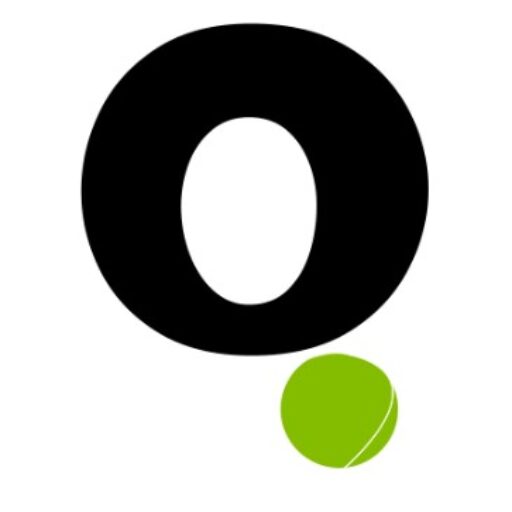Lie detection technology has undergone a revolution with the introduction of smartphone apps capable of analyzing the veracity of personal statements.
“The most notable innovation comes from Converus, with VerifEye.”Official Website
This development represents a milestone in the intersection of technology and human behavior, offering new tools for the search for truth.
The Cutting Edge of Lie Detection
VerifEye: Converus Pioneering
This app uses the device's camera to observe the user's eyes during an interrogation, looking for signs of lying with an effectiveness comparable to that of traditional polygraph tests.
Entertainment and Curiosity
In addition to serious solutions, there are applications designed for fun:
- “Lie Detector – Simulator”: A voice-based lie detection game (Google Play).
- “Lie Detector Test Simulator”: Simulator that uses fingerprint technology for entertainment (Google Play).
Understanding Technology
The operation of these applications is based on the premise that lying requires more cognitive effort, resulting in detectable physical changes, mainly in the eyes.
This analysis allows applications like VerifEye to determine veracity with an accuracy of about 80%.
Ethical Considerations and Responsibility
The advent of these apps raises important questions about ethics and responsibility.
They provide only one data point and should be used with caution, complementing other forms of verification to make informed decisions.
In Summary: The Future of Lie Detection
The introduction of lie detection apps on smartphones opens a new chapter in technology applied to human behavior.
As we move forward, careful consideration of ethical issues and responsible use of these tools will be crucial to ensuring that they serve the common good in our relentless pursuit of truth.

